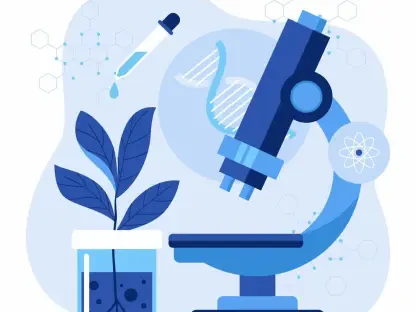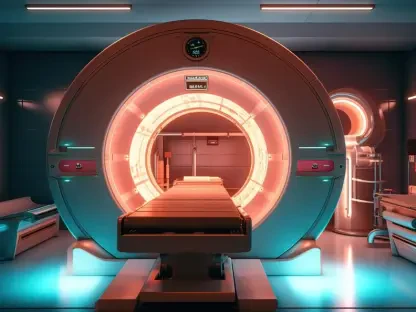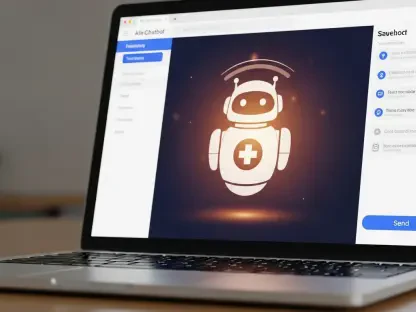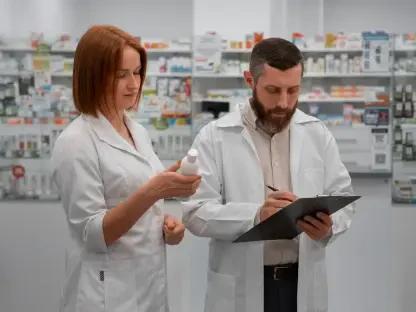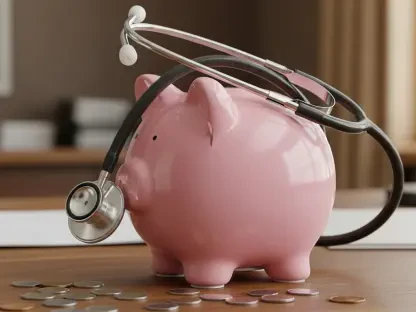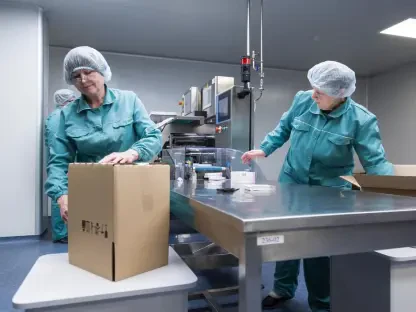Today, I’m thrilled to sit down with Faisal Zain, a renowned expert in healthcare technology with years of experience in the manufacturing of medical devices for diagnostics and treatment. Faisal has been at the forefront of driving innovation in this rapidly evolving field, and his insights into the intersection of technology and medicine are invaluable. In our conversation, we explore the transformative potential of biomedical engineering, the role of cutting-edge tools like AI in improving patient care, the importance of fostering community and mentorship in shaping future innovators, and the personal journeys that fuel passion in this industry.
Can you share what first drew you to the field of healthcare technology and how that passion has evolved over the years?
I’ve always been fascinated by the idea of solving real-world problems through innovation. Early in my career, I saw how technology could directly impact lives—whether it’s through a diagnostic tool that catches a disease early or a device that improves a patient’s quality of life. Over the years, as I’ve worked on developing medical devices, my passion has grown into a mission to make healthcare more accessible and efficient. The rapid advancements, especially in areas like AI, have only deepened my excitement about what’s possible.
What do you see as the most significant ways biomedical engineering is changing the landscape of healthcare today?
Biomedical engineering is revolutionizing healthcare by bridging the gap between technology and human needs. We’re seeing incredible strides in areas like personalized medicine, where devices and treatments can be tailored to individual patients. Innovations in wearable tech, prosthetics, and even AI-driven diagnostics are making care more precise and proactive. It’s not just about treatment anymore—it’s about prevention and improving overall well-being, which is a game-changer for both patients and providers.
How do you think technologies like AI are reshaping the way medical data is used to improve patient outcomes?
AI is a powerful tool for unlocking insights from vast amounts of medical data that would otherwise be impossible to analyze manually. It can predict outcomes, like how long a surgery might take, which helps hospitals optimize schedules and reduce wait times for patients. Beyond logistics, AI can assist in early diagnosis by spotting patterns in data that humans might miss. The real impact is in empowering doctors and researchers to make faster, more informed decisions, ultimately saving lives and improving care quality.
From your perspective, how important is community and mentorship in nurturing the next generation of innovators in this field?
Community and mentorship are absolutely critical. When young professionals or students feel supported, they gain the confidence to take risks and pursue ambitious ideas. I’ve seen firsthand how a single encouraging conversation or a mentor’s guidance can change someone’s trajectory. In a field as challenging as healthcare technology, having a network to lean on—whether it’s peers, professors, or industry veterans—helps build resilience and fosters creativity. It’s about creating an environment where people feel they belong and can thrive.
Can you tell us about a project or innovation in medical technology that you’ve worked on that made you especially proud?
One project that stands out is a diagnostic device my team developed for early detection of certain chronic conditions. Seeing it go from a concept to something that doctors now use in clinics was incredibly rewarding. Knowing that it’s helping patients get timely interventions and avoid complications is what drives me. It’s a reminder of why I got into this field—to create tools that make a tangible difference in people’s lives.
How do you think educational institutions can better prepare students to tackle real-world challenges in healthcare technology?
Educational institutions need to focus on hands-on learning and interdisciplinary collaboration. Students should have opportunities to work on real projects, like internships or research labs, where they can apply classroom knowledge to practical problems. Exposure to industry trends and mentorship from professionals can also bridge the gap between theory and practice. Encouraging diversity in perspectives—whether through cultural centers or inclusive programs—also helps students develop empathy, which is crucial when designing solutions for diverse patient populations.
What is your forecast for the future of biomedical engineering and its impact on healthcare over the next decade?
I’m incredibly optimistic about the future of biomedical engineering. Over the next decade, I believe we’ll see even more integration of AI, robotics, and nanotechnology into healthcare. Think implantable devices that monitor and treat conditions in real-time or AI systems that predict health risks before symptoms even appear. The focus will shift toward prevention and personalized care, making medicine more proactive than reactive. It’s an exciting time, and I think we’re just scratching the surface of how technology can transform lives.



